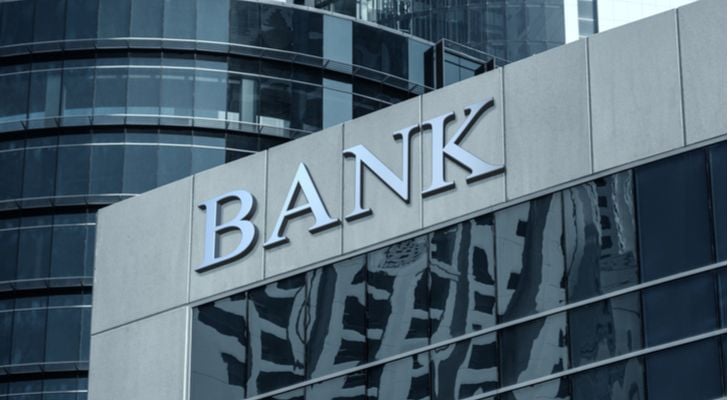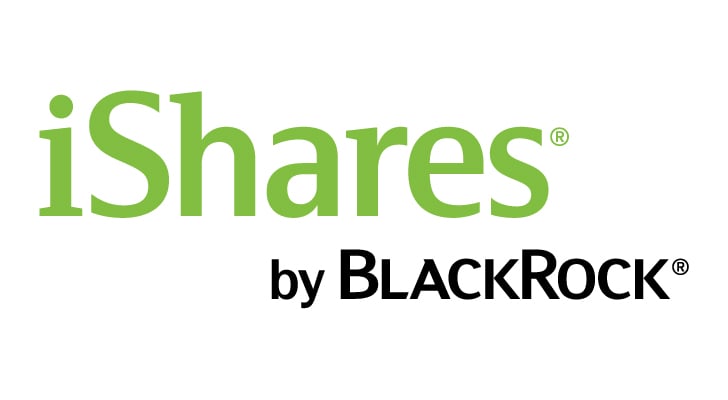Yesterday, JPMorgan released a report that said Brazilian stocks are due for a “healthy pause” after a huge rally following the election of it’s new pro-business President Jair Bolsonaro. Brazilian stocks have gain 18% since the first round of the elections, and JPMorgan sees it going up as much as 28% more.
With the global economy still grinding forward, investors looking at emerging market stocks have plenty to like about Brazil. And now, with prices about to “pause”, it might be a great time to buy Brazilian stocks. Overall, the market is trading for a dirt-cheap P/E of just 12.
With that, here are for Brazilian stocks to buy today.
Compare Brokers

 Source: Felix Carmona via Flickr (Modified)
Source: Felix Carmona via Flickr (Modified) CPFL Energeia S.A. (CPL)
One of the best ways to avoid any possible volatility is by investing in “safer” sectors of the market — sectors that provide plenty of cash flows and dividends. One of the best happens to be utility stocks. Well, this theory works the same when it comes to emerging market stocks. For investors looking at Brazilian stocks specifically, that means top utility CPFL Energia S.A. (NYSE:CPL).
CPL is one of Brazil’s largest electric companies and has assets that span more than 679 municipalities to more than 9.5 million customers. This includes key states like Brazilian economic powerhouse of São Paulo. And this is a good position to be in as it’s allowed CPL to pull in some pretty steady and hefty revenues.
During its latest reported quarter, CPL managed to see a nice 4% jump in its revenues. Meanwhile, its net income managed to see a big 60% year-over-year increase. That’s not too shabby at all and is representative of its continued debt reduction program and stability of Brazilian currency/economy.
Like many U.S. utilities, CPL has undergone some initiatives to boost margins further. The Brazilian utility has added plenty of renewable generation assets as well as begun the initial steps to add smart-meters/grid operations to its core areas. All in all, this should help drive profits higher.
And CFL hasn’t been scared to share those profits either. The firm has a long history of paying dividends. Today, shares yield 1.7%.
Compare Brokers

 Source: Shutterstock
Source: Shutterstock Arcos Dorados Holding (ARCO)
McDonald’s (NYSE:MCD) is a global institution and one of the top 10 brands in the world. And while you certainly could buy MCD stock, a better bet could be Brazilian-based emerging market stock Arcos Dorados (NYSE:ARCO).
Arcos Dorados — which means Golden Arches — is the world’s largest McDonald’s franchisee in terms of system-wide sales and number of restaurants. This includes over 2,100 restaurants in Latin America and the Caribbean. Brazil is top on that list with 910 stores. But ARCO owns Big Mac shacks in Mexico, Peru, and even French Guyana.
This dominance has made ARCO a revenue machine. Last quarter, consolidated revenue jumped by 8.3%, on a constant currency basis, while net income increased by over 68%. One of the big drivers of that was results from Brazil. Thanks to the economy beginning to even out and inflation are tamed, ARCO’s managed to see a huge jump to its earnings. Those stores in Brazil managed to realize an adjusted EBITDA increase of 37% year-over-year. And when looking at a constant currency basis, that number spikes to a 73% year-over-year gain.
These results show that as the Brazilian economy has improved, ARCO’s has directly benefited. It should continue to benefit as well.
As for shares itself, ARCO trades at forward P/E of 21. While that’s not super cheap, it could still be a bargain as Brazil’s growth is only getting restarted.
Compare Brokers

 Source: Shutterstock
Source: Shutterstock Itau Unibanco Holding SA (ITUB)
For investors looking to snag-up emerging market stocks, financial institutions and banks are often some of the best places to go shopping. In Brazilian stocks, that’s no different. In fact, Brazil is home to one of the largest banks in the southern hemisphere: Itau Unibanco Holding SA (NYSE:ITUB).
ITUB was created through the merger of banking giants Banco Itau and Unibanco back in 2008. Since then, the firm has continued to grow through an aggressive, yet smart, acquisition strategy. This included snagging several Lat Am units from Citigroup (NYSE:C) as well as other regional banks in Brazil and Latin America. These buyouts have made ITUB one of the largest banks in the world and it currently controls about 11% of Brazil’s retail banking market. The firm also owns the second largest Brazilian card payment company, Rede.
This makes Itau Unibanco a prime play on the growing consumer base in the nation.
Meanwhile, the bank is very conservatively run and features a solid balance sheet. Recent higher revenues and lower loan provisions underscore Brazil’s recent economic strength — as does ITUB’s small monthly dividend and its continued stock dividend bonuses.
Compare Brokers


For some investors, buying individual emerging market stocks — even those from a top market like Brazil — is a bit daunting. There is still plenty of risks. Perhaps the best way to own the potential of Brazilian stocks is through an ETF that holds a bunch of different firms. The still reigning champion is the iShares MSCI Brazil ETF (NYSEARCA:EWZ).
The $9 billion ETF tracks the MSCI Brazil 25/50 Index. This measure holds a collection of large- and mid-cap emerging market stocks domiciled in the nation. The ETF’s 57 holdings read like a who’s who of top Brazilian names and include all of the stocks on this list. This provides plenty of diversification benefits and allows investors to easily tap into the nation’s long-term potential.
And Brazil does have plenty of potential. But just be aware that the ETF is pretty volatile. EWZ’s average annual year-to-date, one-, five- and 10-year returns have clocked in at -1.79%, 25.20%, -0.30%, and 4.15% respectively. Since the fund’s inception in 2000, the ETF has managed to produce an average annual 6.51% return. As you can see, the ride has been bumpy.
But the ETF is still the best way to play both the short and long-term trade in Brazil. With an expense ratio of 0.59% — or $59 per $10,000 invested — it’s a cheap option as well.
Disclosure: At the time of writing, Aaron Levitt did not hold a position in an
No comments:
Post a Comment